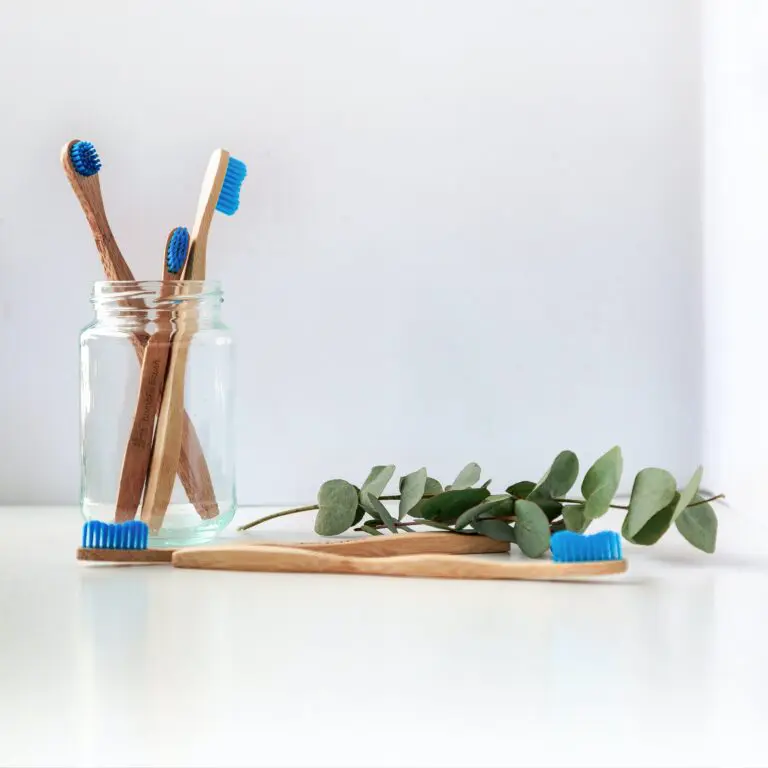How to Choose a Water Softener System

Hard water contains dissolved materials like magnesium carbonate, manganese, and calcium. These minerals may not harm your body, but with time, the residues will lead to a buildup in pipes and appliances like showers and water heaters. The fixtures and faucets will have hard white and scaly deposits, which need products for heavy-duty removing. More so hard water makes it hard for soap to lather. Luckily, you can solve this quagmire buy getting the best water softener. A water softener system dissolves the minerals and reduces the scale buildup. However, purchasing the right water softener might be unnerving. With a myriad of products in the market, getting the right gadget might take you ages. But don’t worry, we have done the hard part for you. These tips will ease your process and ensure you end up with the best water softener.
Water Usage
How much water do you use at home? Take, for example, if an average person uses 90 gallons of water per day, then a house with five people will equate to 450 gallons per day. This is just an approximation which can be low or high depending on activities done at home. Now, of the hardness of water equates to 15 grains, this means you will need a water softener system that can effectively handle 6,750 grains, daily.
If you want to know the hardness of water, you can use a home test kit or contact a water testing company for more accuracy. Therefore, when you’re choosing a water softener system for home, pick one that can handle approximately 6,800 – 7,000 grains per day.
Family Need
Most – if not all- of water softener systems use sodium chloride or salt in removing dissolved minerals such as magnesium and calcium. The system is designed to remove these harsh and hard minerals by exchanging ions with salts. Therefore, if you’re using a salt softener system, ensure none of your family member is on a low-salt diet, has heart disease or hypertension.
You can opt for a potassium chloride system that will be fair to all members of the family even to those with health problems.
Regeneration
Regeneration is the process whereby the softener systems removes magnesium and calcium from the water to ensure the water stays soft throughout. A system can either regenerate manually, automatically or work on a timer. A manual system requires you to begin regeneration by hand. An automatic regeneration is programmed to regenerate automatically while the timed system regenerates water at the same time daily.
Location
Where you live, determine the hardness of the water. More so, different towns, cities, and counties have different views about water softeners system. Most communities’ area against salt water softener systems due to their effects on the environment. Besides, the systems are hazardous to people with high blood pressure, heart disease, or people on a low-salt diet. More so, salt systems pose a great risk to flora and fauna.
Hence, ensure you check with local ordinances before you choose a water softener system.
Price
Water softener systems tend to be pricey. But you don’t have to break your bank to acquire one. There is a plethora of models- both online and in local stores. To get the best price, choose at least five trusted brands, and compare the prices. It will help you land ion the best model. You can also ask the company if they have any offer.
But do not forget to look for features that will suit your need. You would rather have an expensive and effective system than a cheap and defective product.
Warranty
Warranties are different. Ensure you get into details and find out what it covers. Does it cover labor, parts, electronics, and tanks? What is the shelf life? Will the manufacturer offer a full refund if the system is defective? What is the return policy? These are the details you should never ignore.
Ease of Use
Water softeners come with an instruction manual that makes installation hassle-free. Additionally, you need to understand how easy it will be for you to maintain the system. If you’re using a potassium chloride system, then ensure you have enough supply of chloride pellets to replenish the system periodically.
Conclusion
These tips will help you find a reliable softener system that will handle abrasive, hard water. Get a system that suits your need and ensure you have regular checks and periodic cleaning to boost the lifespan of your system.
Similar Posts:
- None Found









